Period Poverty: A Bloody Issue
The cost of period poverty in America.
Have you noticed the new period products in campus bathrooms? Thanks to Ms. Puente’s energetic enthusiasm, a very quick conversation with junior student leaders has resulted in a permanent change to the way our school views menstruation. While this is an exciting addition to our little private school bubble, period products are much less accessible outside of the confines of Wyoming Boulevard. In fact, this discrepancy in access to products has created a worldwide phenomenon called “period poverty,” a term that “refers to… being unable to afford products such as pads, tampons, or liners to manage menstrual bleeding.” The absence of sanitary supplies has left menstruators with an absence of dignity. Many now turn to rags, paper towels, toilet paper, or cardboard. The economic cost of period products have forced people with periods to choose between sanitary supplies and living expenses, representing the consequences of period stigma.
Period poverty disproportionately affects low-income menstruators who have to decide between allocating funds towards menstrual products and necessities for themselves and their families. Periods are very expensive. They not only include the price of pads and tampons, but pain medication to alleviate gut-wrenching cramps, acne medication, heating pads, and so much more. In California alone, the cost of taxes on period products cost women $20 million a year. The high price and silence about this issue is, unfortunately, a consequence of an unwelcoming and stigmatized society.
the government has categorized period supplies as “luxury goods.” While you could buy a snickers bar from a vending machine in New Mexico tax-free, pads and tampons are not tax-exempt.
In combination with the financial burden of purchasing a product itself, the government has categorized period supplies as “luxury goods.” While you could buy a snickers bar from a vending machine in New Mexico tax-free, pads and tampons are not tax-exempt. So, our government has decided that a snickers bar is a “necessity of life,” but items to accommodate a natural bodily function aren’t? 28 other states have come to the same conclusion (as of this month Michigan is now excluded from this list). To be clear, period products are far from “luxury goods.” A menstruator would not be able to carry out daily life without access to these products. In fact, scientists have recently classified the pain of period cramps to be similar to a heart attack. This “tampon tax” is not a product of a taboo against reproductive health in general—it’s a taboo against feminine reproductive health in particular. While Viagra, a drug that is certainly not medically necessary, is tax-free, period products are considered a function of feminine vanity through the title of hygiene goods. From their very classification, our society views menstruation as a passive privilege rather than a necessity. Government taxes, in combination with the lack of welfare coverage of menstrual supplies, allow these issues to continue to be perpetuated.
This “tampon tax” is not a product of a taboo against reproductive health in general—it’s a taboo against feminine reproductive health in particular.
When people with periods can’t properly handle their cycles, they miss out on important events like job interviews or school. Statistically, 1 in 5 girls have been forced to miss school due to their period. In fact, this problem is cyclical in the workplace. A study of period poverty by BMC Women’s Health found that of a “nationally-drawn sample of college attending women in the United States… 10.0% had experienced [period poverty]every month.” The study also found that the crisis of inaccessible menstrual products has detrimentally affected people’s mental health. The very existence of our specific population’s reproductive organs puts us at a disadvantage economically and socially for the period of our lives that we are able to reproduce.
So, why are issues like period poverty so unheard-of and ignored? The answer is stigma. We, as a society, have transformed having a uterus into a taboo subject. In practice, this culture of shame has limited the dialogue that is necessary to combat period poverty and the tampon tax. The same culture that created body dysmorphia, dress codes, and victim blaming has forced menstruators to feel ashamed of a little blood. This creation of a hierarchy of social acceptance, has empowered a patriarchy that creates a disproportionate amount of stigma against people who are assigned female at birth. In other words, from the very beginning of our transition into adulthood, we, as menstruators, have to feel as if the bodily function that has created us all, is something we must not talk about in order to validate our social acceptance. Comfort and hygiene is a human right, and it’s absence is a crisis for all menstruators.

Writing for the Advocate since junior year, and now the Diversity, Equity, and Inclusion Coordinator, Sophia is drawn to articles that she is passionate...



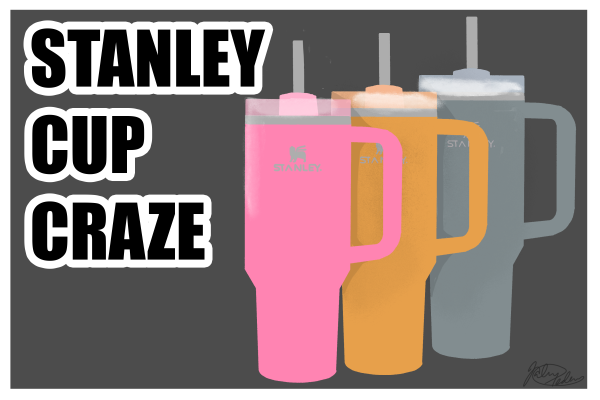

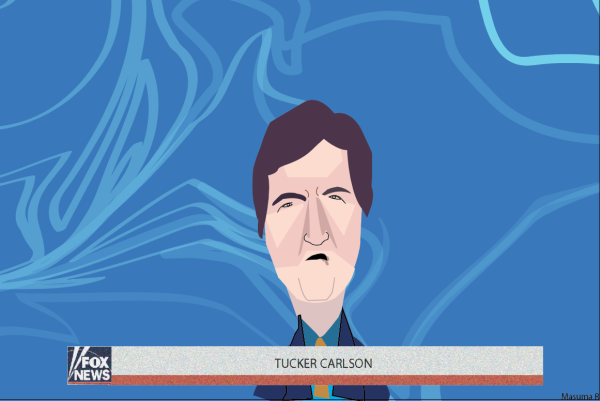
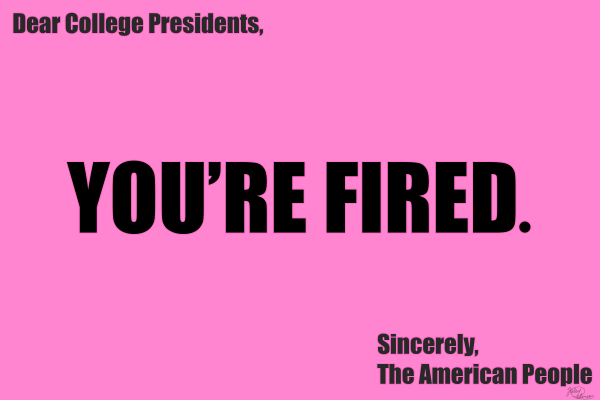

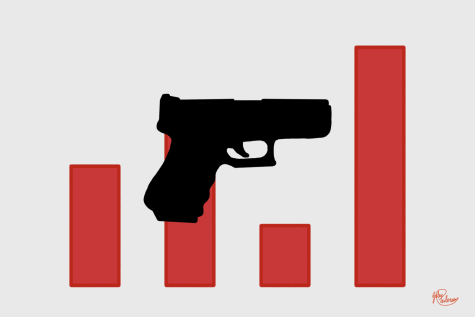

![al.com. (2023). People attended a prayer event... [Photograph]. https://www.al.com/news/2023/11/after-mayor-bubba-copelands-death-community-gathers-to-pray-smiths-station-is-hurting.html](https://theacademyadvocate.com/wp-content/uploads/2024/02/KON5NNEUI5GVNO5AG4R4G25JRQ.jpg)
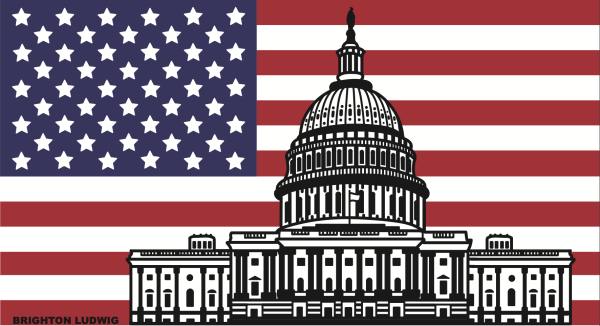

robot • Mar 14, 2022 at 3:13 pm
wooo sophia!! all schools should supply free period products—anyone who thinks overwise doesn’t understand female biology.
Dean Jacoby • Mar 9, 2022 at 11:36 am
I thought this was a great article. I learned many things. The statistic about CA tax costing menstruators $20 Million a year is very impactful.
Besides being a very well researched and written article, I think the big takeaway is that we need people from all different backgrounds to be in leadership positions in society. The additional burdens that are placed on people who use feminine hygiene supplies are likely the result of those people not being in the room as the decisions were being made.
Thanks for a great article.
blake • Mar 4, 2022 at 3:11 pm
this is a great article, the only thing is, not all people have a period are female, or identify female.
Sophia • Mar 4, 2022 at 8:50 pm
Hi blake,
I am so sorry if I was misunderstood. I tried my best to not designate gender to menstruation by using the word “menstruators” . The parts in the article in which it was unavoidable were where I used separate sources like the BMC article and the source on taxes in California because those articles used “women” or “girls” rhetoric. I wish I could have been more inclusive in those lines, but I felt I couldn’t change the words of separate sources. With that, I completely agree, and I am so sorry if that message wasn’t clear!